At Night, All Cows are Black
Growing up, December and January held the distinction of best and worst months in moviegoing, respectively. For a few reasons, these distinctions have melted away. The first of which is simply the disintegration of something called the movie calendar altogether. Traditionally, at least from my layperson's POV, the schedule was as follows:
Q1: Total bullshit dumping ground for the worst studios have to offer. These are the tax write-offs, the ponzi schemes, and the worthless trifles.
Q2: The blockbusters and franchises. Money makers like, in 2007 for example (a seminal moviegoing year for me): Spider-Man 3, Transformers, Pirates of the Carribean: At World's End, The Simpsons Movie, Hairspray, and Ratatoullie, among many others. (What a run!)
Q3: Sleepier, but bona-fide hits may emerge. I remember Inception raking in the dough in July 2010 (the last IMDb classic?), The Other Guys winning the month of August, and the head-to-head matchup of The Expendables and Scott Pilgrim. Now that I think about it, is August 2010 the progenitor of the streamer vs. A24/Neon split? The action movie and the studio comedy's last dance before obnoxiously nerdy and referential work won the day? (Scott Pilgrim is a good movie, but it's hard not to see it as the ur-text for that kind of thing in retrospect.)
Q4: Awards bait, September to December. For a time, when I believed in the power of movies to carry ideas, my favorite moviegoing season of the year. Funny, looking back at the Academy Awards for the last 10 years, I can chart my slowly waning interest until it dropped off altogether. There was no decisive moment--Birdman's win for best picture in 2015 signaled to me something was off, not simply the wrong choice but the worst possible one; so too with Spotlight in 2016. I remember walking out of The Batman in 2022 and seeing the ceremony muted on a TV by a bar at the movie theater's exit. I suppose I'll tip my hat to ceremonies 80-86, the last gasp f0r moviegoing in the zeitgeist and a fun time to come of age as a cinephile. (The Ellen selfie in March 2014 was the end of something; we just didn't have the words for it then.)
Now, in the streaming age, the calendar has no significance: it's one of those pandemic time-related expand-and-contract things that hung around. A movie can be released anywhere and at any time. Dune can come out at the tail end of February if you include previews. Best Picture winners can come out in March (Everything Everywhere All at Once), July (Oppenheimer), or not at all (CODA). As goes the movie as an art object with sociocultural weight, so goes the schema for holding up said weight. At night, all cows are black.

BLITZ
I had long since given up on McQueen. His 2018 film Widows was an unmitigated disaster, which I groaned about, briefly, here. I skipped the Small Axe anthology in 2020, and his nearly four-and-a-half hour documentary Occupied City in 2023, although both now intrigue me because Blitz was a major pleasant surprise.
McQueen made his reputation on blisteringly cold, clinical takes on otherwise hot issues like hunger strikes and sex addiction. His ostensible distance was actually an effective coup for his emotional engagement with these subjects. I'll admit to not seeing clearly his capacity for sentimentality at the time; I blamed the cloying aspects of 12 Years a Slave on John Ridley, but upon seeing Blitz I now I wonder if McQueen had something to do with it--and if that's not altogether a bad thing.
Watching Blitz, Spielberg--oh he of everlasting syrup--was all I could think about. Early 2010s Spielberg, to be exact. A lot of folks compared it to Empire of the Sun, which I haven't seen, but there's so much War Horse and Tintin in here, and there's great, sly commentary on Black performance situated between (and sometimes within) the set-pieces: it's the termite art McQueen was born to make.
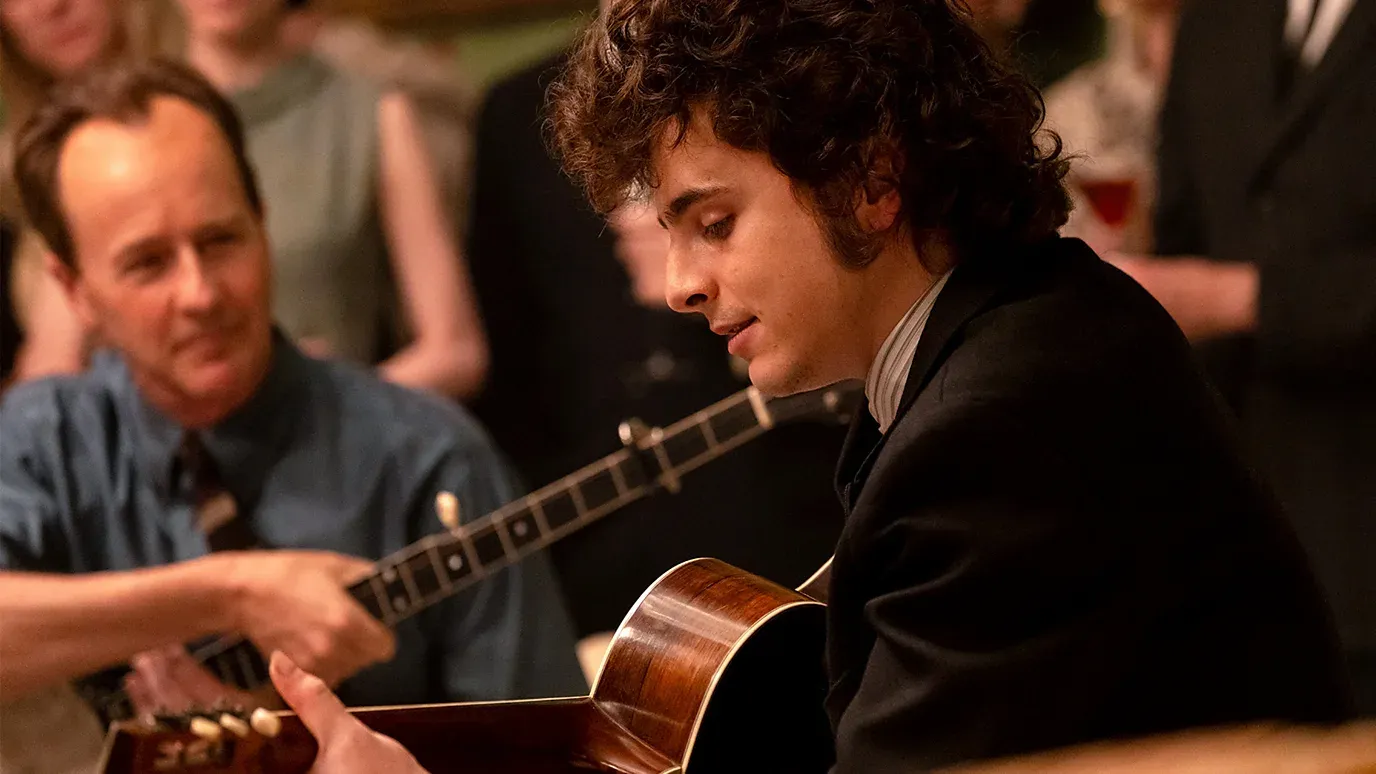
A COMPLETE UNKNOWN
Prose where a Dylan movie calls for poetry, and no I have not seen the Todd Haynes one. That said, there are exactly three moments of poetry here:
Smash cut to 1965. Discordant, jazzy, anxious. Awesome moment.
Sylvie coming to terms with her relationship with Bob watching him sing "It Ain't Me Babe" on stage with Joan Baez. That's what music is for.
The penultimate shot: Dylan, free, riding away from Woody Guthrie locked away in the non-verbal prison of folk dogmatism.
But the very notion of folk dogmatism is a contradiction, is it not? Director James Mangold is smart to focus his movie intently on the music; he knows he doesn't have the chops nor the emotional acuity to actually wrestle with the moment. When the music becomes the source of the conflict, however, lines get drawn. It's true that Dylan's electric turn was alienating to many, there are Wikipedia articles which can attest to that. Perhaps it's due to the fact that I was introduced to Dylan as a child in the early 2000s, but I always viewed Dylan's "Going Electric" moment as part of a continuum for the artist--the revolutionary aspect of it never really rang true; it had more to do with the public's perception of Dylan than it did with Dylan himself. So I was quite bothered, actually, with Edward Norton's simp take on Pete Seeger. He nails the voice, but renders Seeger's personality--outside of his introduction, which we're supposed to accept as the final word on his magnitude in the folk world--totally flaccid. Chalamet reminds us why he's famous, though, and gives a real movie star turn as Dylan. He nails Dylan's prickly nature, even if he renders the character as more enigmatic than Dylan likely really is. I think Dylan is just a preternaturally talented songwriter with an incredible mind for the history of American song who blew up at exactly the right time. The rest is noise.
I spent a lot of this capsule not writing about the movie at all, and instead writing about Bob Dylan. In that sense, it did its job.
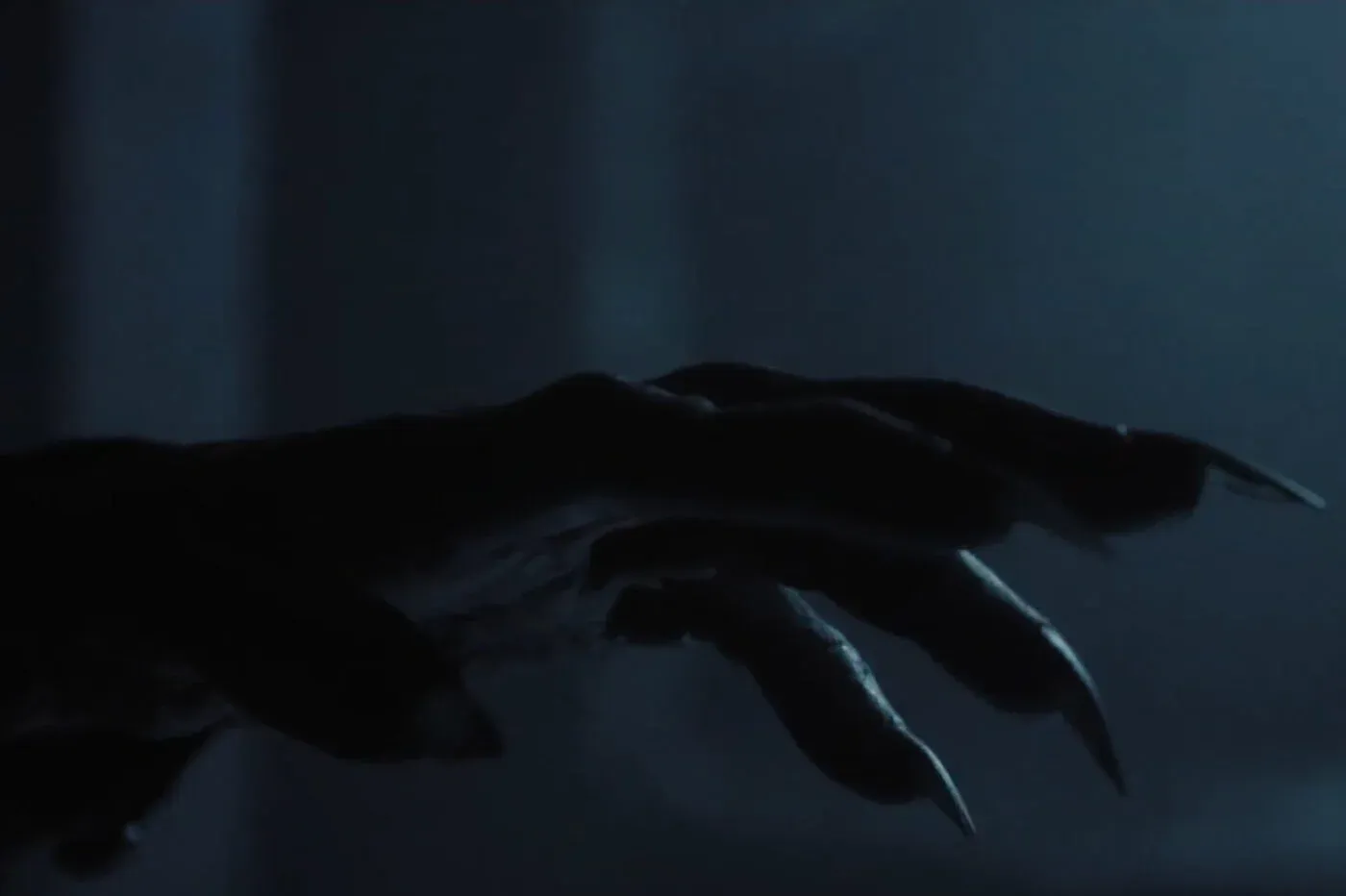
NOSFERATU
Not opposed, prima facie, to the unholy marriage of Euro arthouse and American blockbuster sensibilities, and I like the Nosferatu story. My particular predilections led my heart more toward the Herzog version than the Murnau one, although I watched both in high school, so I spent most of the screening--straight from the bowels of Count Orlok's castle in Times Square--pointing out to myself where Eggers stole from Herzog's movie.
But it's not exactly like Herzog's movie. Eggers learned a lot vis a vis populist filmmaking through his experience directing The Northman--his Nosferatu moves, for a time, like a tightly-plotted adventure movie. Thing is, the Eggers toolbox is considerably small. The VVitch works because of Eggers's background in production design, a star-making performance from Anya Taylor-Joy, and its (at the time) novel folk horror premise. Novice enthusiasm subtracted, Eggers's camera work is stagey, flat, and desaturated; five days out from my screening, all I could recall were aggressive pans and one awkwardly framed running sequence.
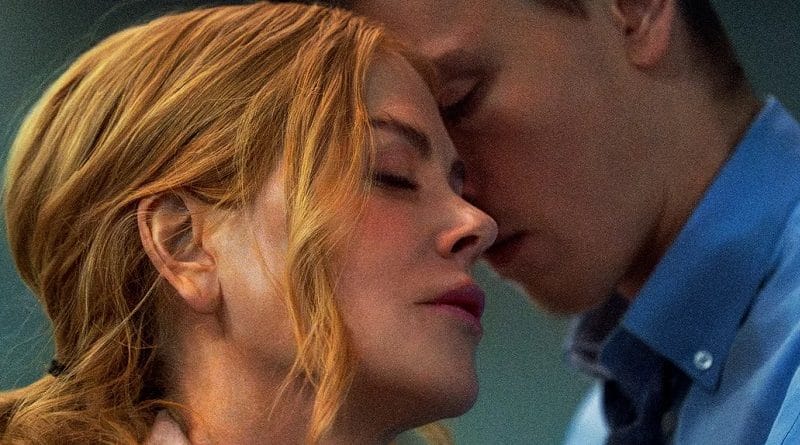
BABYGIRL
Nothing there, a puff of smoke, total wash. Frustrating, mostly, in its refusal to interrogate Nicole Kidman's aging visage--or more specifically, her reluctance to allow her natural visage to age--ignoring entirely the incredible investigation a title like Babygirl offers w/r/t seniority and power. Kidman is a terrific actor, but she is given nothing to do outside of being between 10-30 years older than her suitor. The only thrill to be found here is in observing her enigmatic, birdlike presence on screen. It does flirt with the interesting when things get awkward, suggesting a movie more akin to the fiction of Philip Roth, one that examines how people relate to each other through the prism of sexuality/infidelity. But no, asinine dog metaphor for you.
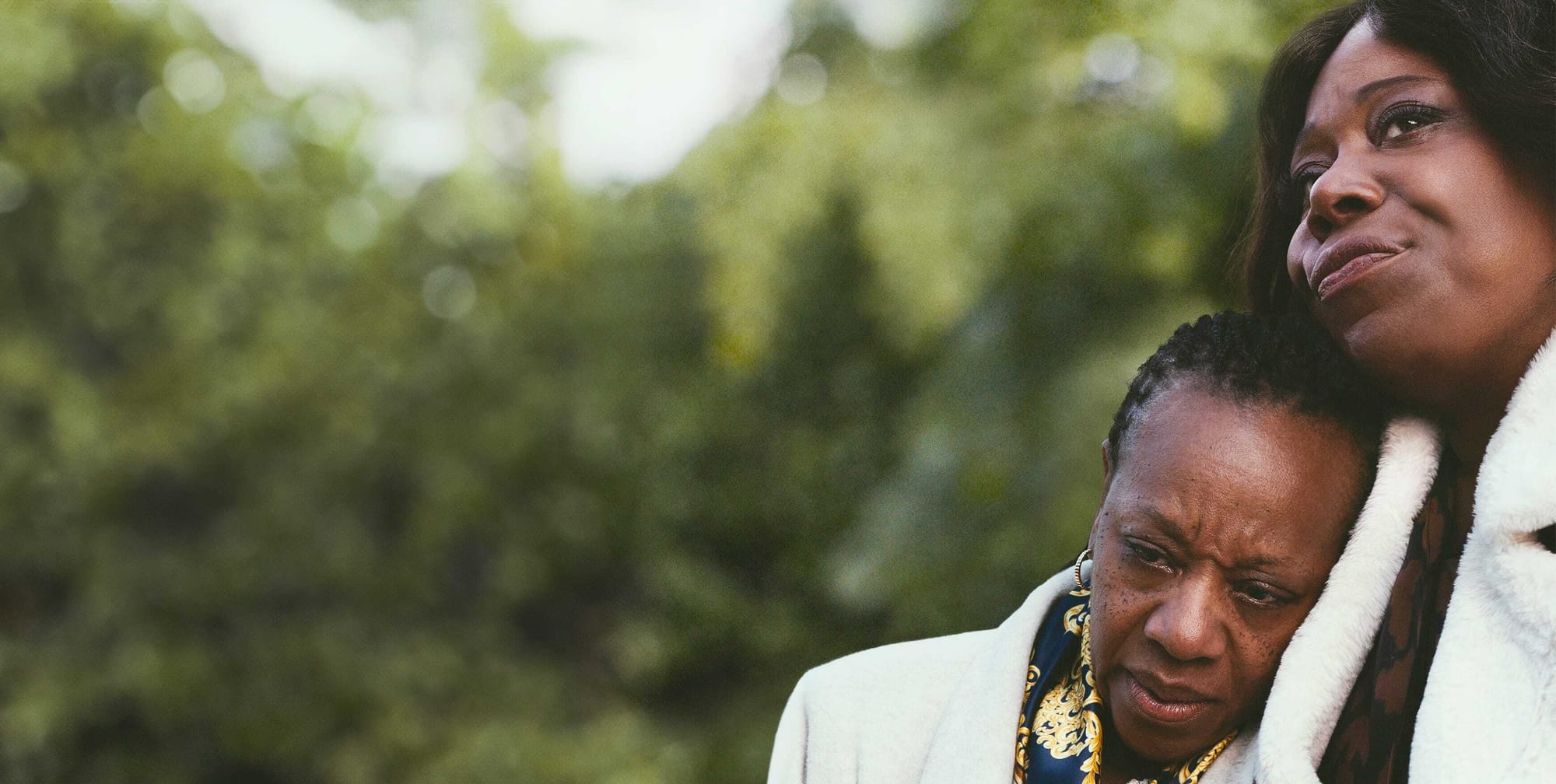
HARD TRUTHS
At 81, Mike Leigh's grounded humanism is going the way of the dodo bird. It is not hidden away, it's right there for the taking. I can't think of a single American filmmaker right now aiming for this kind of thing--in fact, I can't think of any American filmmakers who wouldn't sneer at the notion. It's out of vogue, which is a shame, because it should be a universal constant in our narrative arts. We should always make room for stories about normal people trying their best to make it through a hard life–we should, moreover, celebrate it.

PRESENCE
Not the movie I expected to get, but certainly the one Soderbergh wanted to make. It took me a while to get on the movie's wavelength: yes, it's a haunted house story, but the haunting is more Personal Shopper than carnivalesque Haunted Mansion, i.e., interior rather than exterior. It fiddles with expectations and genre conventions to deliver what is, ultimately, a domestic drama in the guise of a horror film, and it builds to a profoundly moving conclusion.
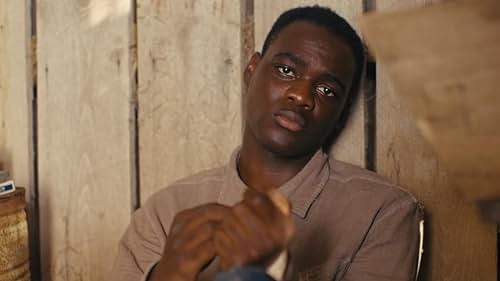
NICKEL BOYS
This and Presence are worth writing about together, their consonances and dissonances echoing well with each other. But I'll save that for another time, or for another writer. Instead, it's my duty to report to you that Nickel Boys is the only film from last year that had me in tears by its conclusion. This is not to say it's a great movie: Ross comes across as pretentious in interviews, calling his first-person POV gimmick "sentient perspective," when it is, in fact, the trick that saps the movie of life--it halts the narrative momentum, and undermines the camera's prerogative as a tool for information delivery. But while Ross may be afraid to admit it in the press, and camouflages his middlebrow sensibility under faux-transcendentalist video collages, major pieces of 90s melodrama like The Shawshank Redemption or The Green Mile are the primary points of contact here, not the work of Andrei Tarkovsky. Nothing to be ashamed of--they made me cry, too.
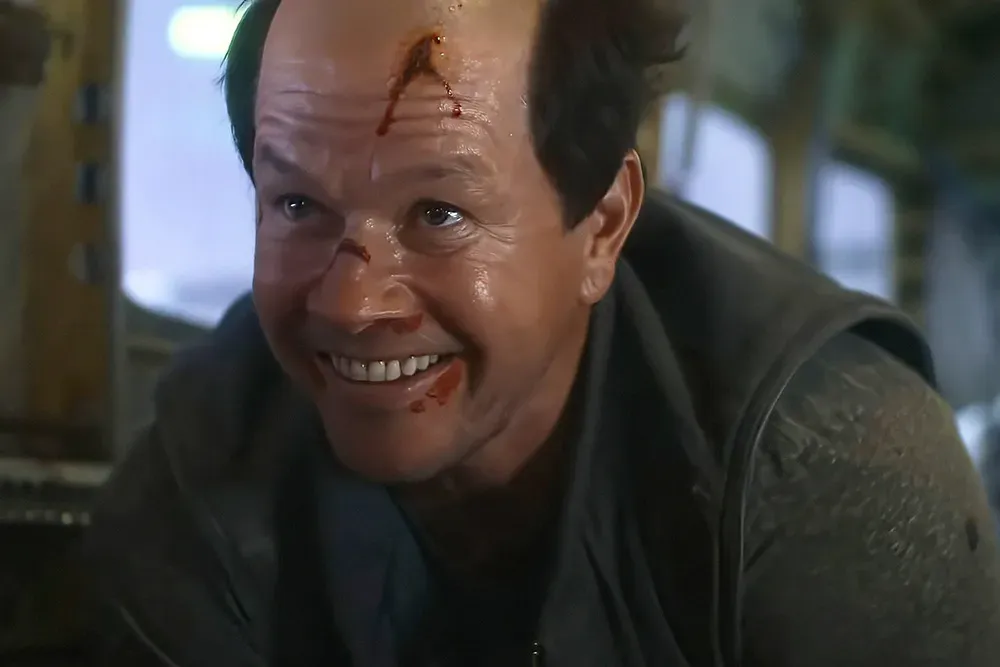
FLIGHT RISK
What if Alfred Hitchcock drank Mountain Dew? The most genuinely fun, competently mounted action movie to be released in theaters in I don't-know-how-long. I had a blast with this: a sinewy, hilarious throwback thriller that gets you home before 10PM.




